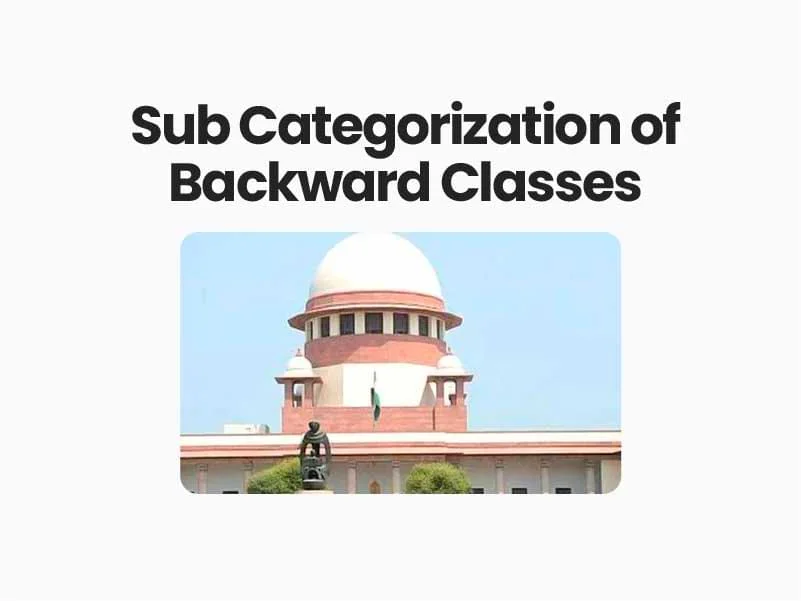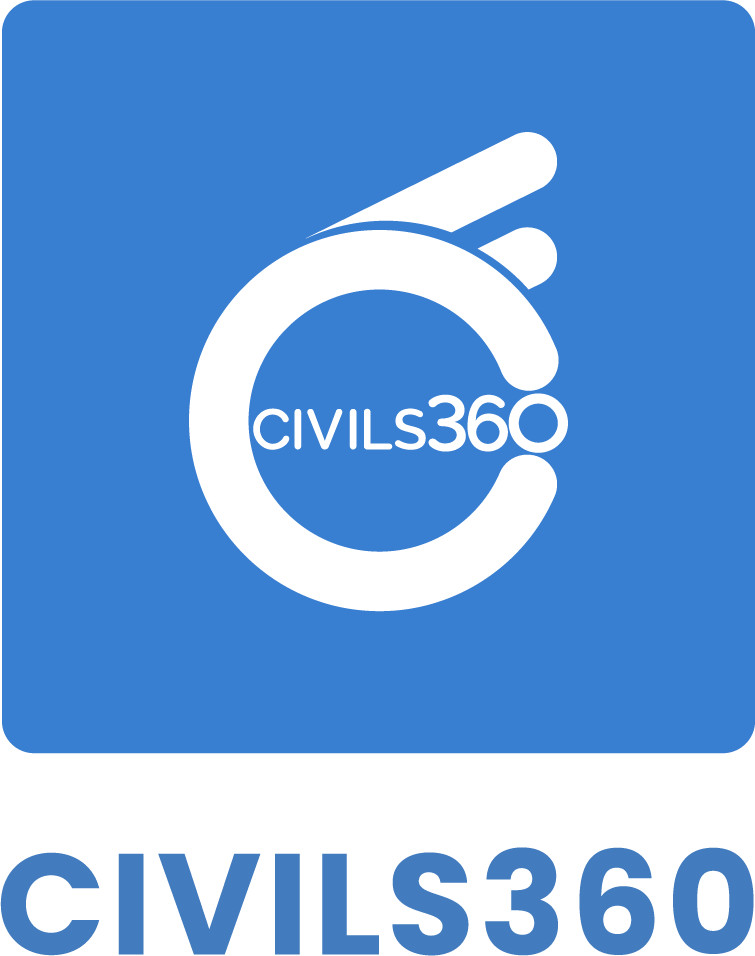
Sub Categorization of Backward Classes
Presently, half of these 1,900-odd castes have availed less than three per cent of reservation in jobs and education, and the rest availed zero benefits during the last five years. The central government had appointed the Commission under Justice (Retd) G Rohini in October, 2017.
Significance:
The Commission was constituted under article 340 of the Constitution with the approval of President on 2nd October, 2017. The Commission, headed by Justice (Retd.) Smt. G. Rohini commenced functioning on 11th October, 2017 and has since interacted with all the States/UTs which have subcategorized OBCs, and the State Backward Classes Commissions.
The Commission has come to the view that it would require some more time to submit its report since the repetitions, ambiguities, inconsistencies and errors of spelling or transcription etc. appearing in the existing Central List of OBCs need to be cleared.
Hence the Commission had sought extension of its term, up to 31st July 2020. However, due to the nationwide lockdown and restrictions on travel imposed on account of COVID-19 pandemic, the Commission was not able to go perform the task assigned to it. Therefore, the term of the Commission is being extended for a period of 6 more months i.e. up to 31.1.2021.
- To examine the extent of inequitable distribution of benefits of reservation among the castes or communities included in the broad category of Other Backward Classes with reference to such classes included in the Central List;
- To work out the mechanism, criteria, norms and parameters in a scientific approach for sub-categorisation within such Other Backward Classes; and
- To take up the exercise of identifying the respective castes or communities or sub-castes or synonyms in the Central List of Other Backward Classes and classifying them into their respective sub-categories.
Arguments against sub-categorisation:
- The argument is that the test or requirement of social and educational backwardness cannot be applied to Scheduled Castes and Scheduled Tribes.
- The special treatment is given to the SCs due to untouchability with which they suffer. In a 1976 case, State of Kerala v N M Thomas, the Supreme Court laid down that “Scheduled Castes are not castes, they are class.”
- In the Jarnail Singh case, the court held that the objective of reservation is to ensure that all backward classes march hand in hand and that will not be possible if only a select few get all the coveted services of the government.
Impact including employment generation potential:
- The Communities in the existing list of OBCs which have not been able to get any major benefit of the scheme of reservation for OBCs for appointment in Central Government posts and for admission in Central Government Educational Institutions are expected to be benefitted upon implementation of the recommendations of the Commission.
- The Commission is likely to make recommendations for benefit of such marginalized communities in the Central List of OBCs.
Read Also Himalayan trillium
Expenditure:
The expenditure involved are related to the establishment and administration costs of the Commission, which would continue to be borne by the Department of Social Justice and Empowerment.
Benefits:
All persons belonging to the castes/communities which are included in the Central List of SEBCs but which have not been able to get any major benefit of the existing scheme of reservation for OBCs in Central Government posts & for admission in Central Government Educational Institutions would be benefitted.
Implementation schedule:
Orders for extension of the term of the Commission and addition in its Terms of Reference will be notified in the Gazette in the form of an Order made by the President, after receipt of the approval of the Hon’ble President to the same. “The constitutional goal of social transformation cannot be achieved without taking into account changing social realities,” the court ruled.

